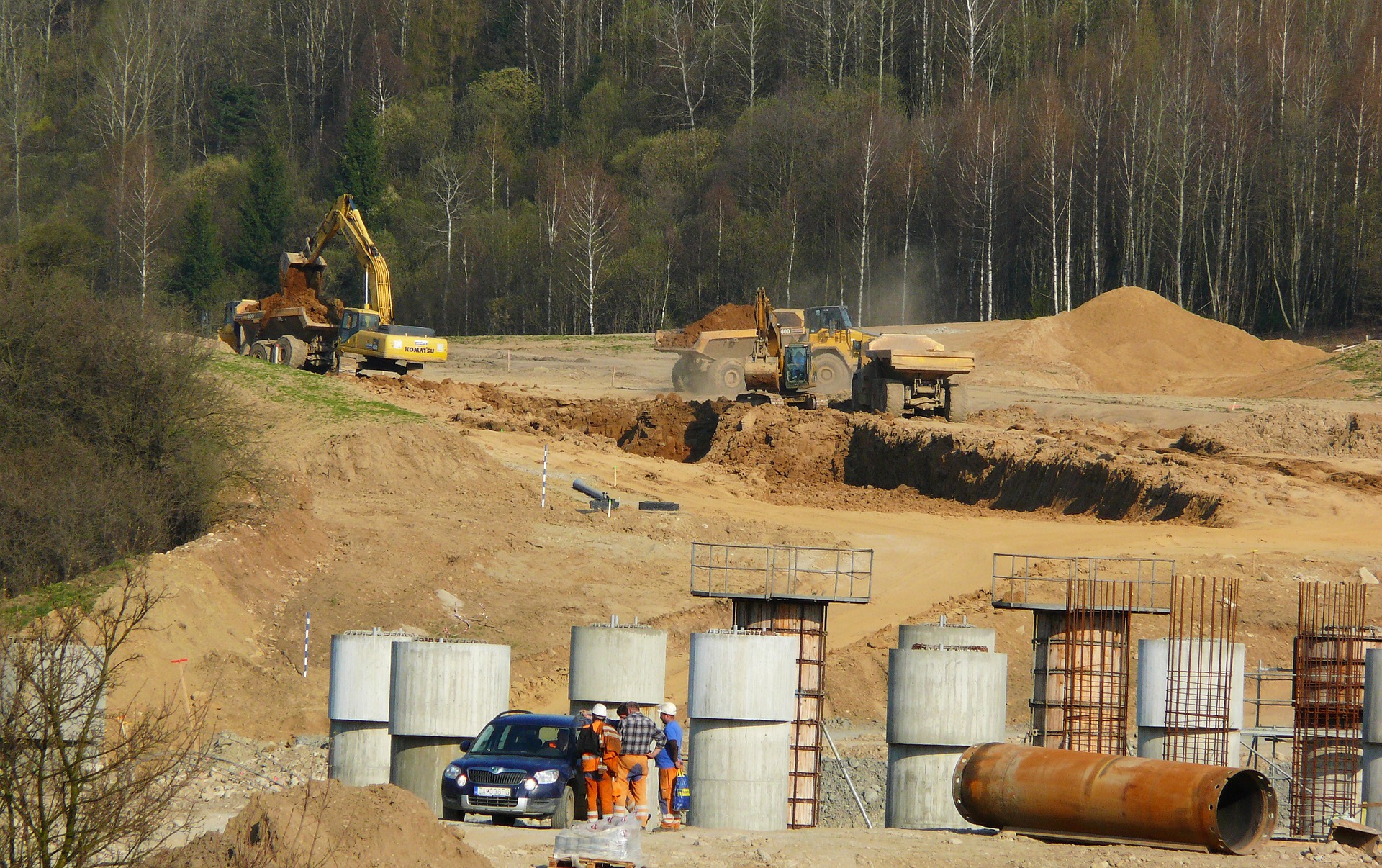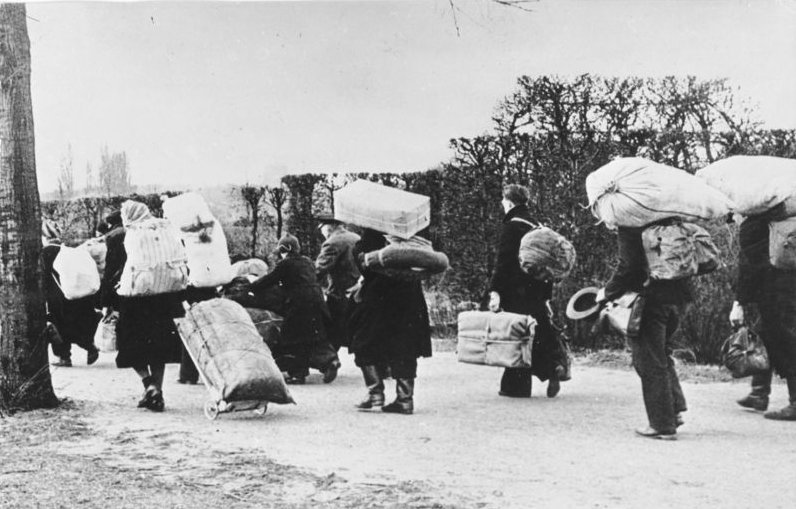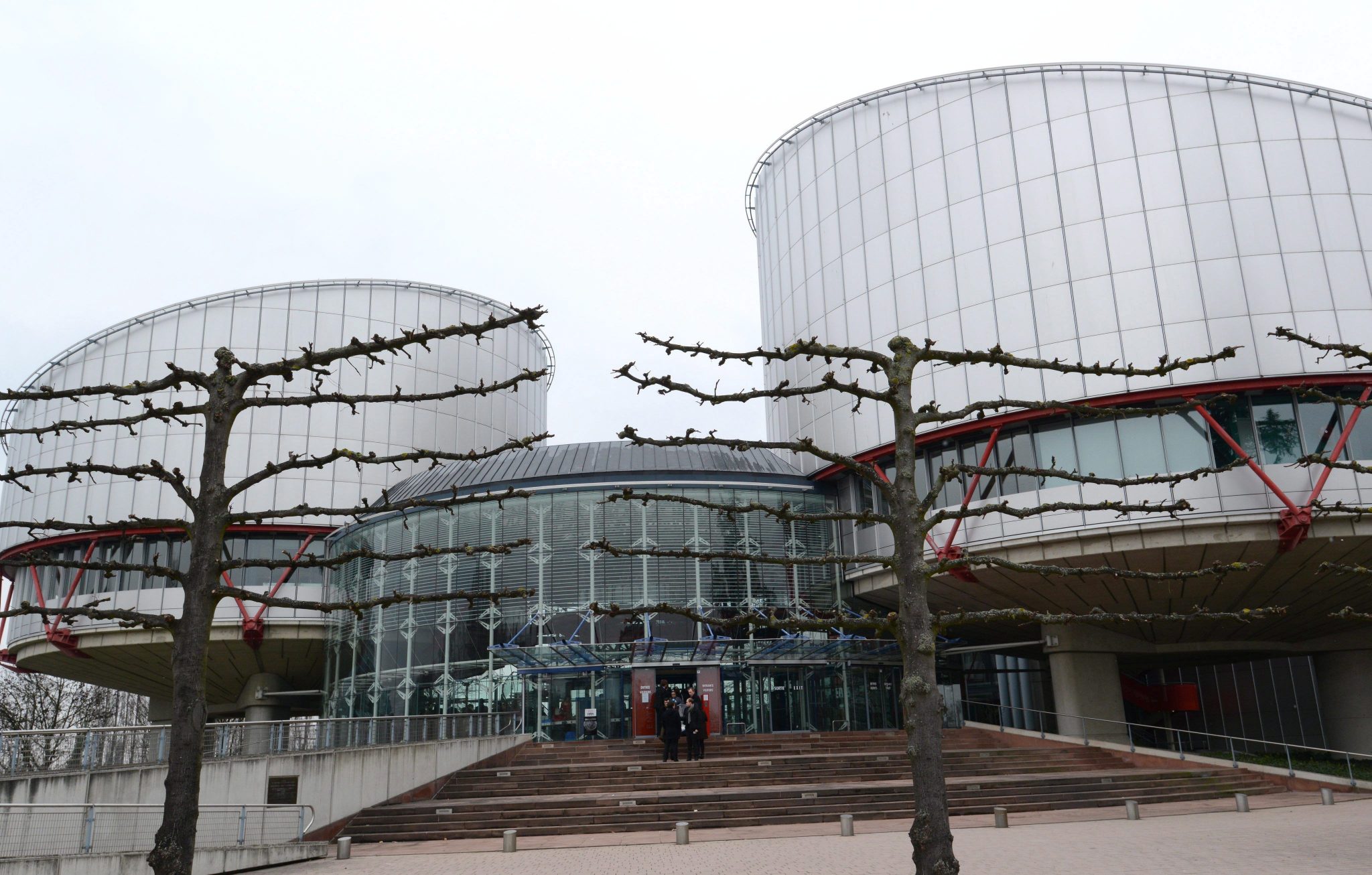
In recent years, the Slovak state has used the Beneš Decrees to confiscate hundreds of hectares of land from ethnic Hungarians. The decrees claimed collective responsibility of Germans and Hungarians after World War II, depriving them of their citizenship, fundamental rights, and property. Slovakia has been arguing for decades that the Beneš Decrees are already an obsolete part of Slovakian law, they can no longer create legal relationships. However, the Slovakian state continues to apply them in some cases, says János Fiala-Butora, an ethnic Hungarian lawyer from Slovakia.
In an interview with Válasz Online, János Fiala-Butora, a Harvard graduate, Hungarian lawyer from Slovakia, confirmed that after 2018, there has been a slew of cases in which confiscation orders based on the Beneš Decrees were used.
Fact
The Beneš Decrees issued in 1945 claimed collective World War II responsibility of Germans and Hungarians, depriving them of their fundamental rights and property. According to the decrees, 2.5 million ethnic Germans immediately lost their Czechoslovakian citizenship, and their lands and houses were appropriated by the state. Although the great powers did not allow Prague to expel nearly 1 million Hungarians as well, approximately 40,000 of them were also stripped of their citizenship. The rest of the Hungarian community had to face persistent persecution, harassment, show trials, and hard labor, forcing them to leave the country.
According to Fiala-Butora, the Slovakian state is using confiscation orders issued against Hungarians and Germans between 1945 and 1947 for their ethnicity, on the basis of collective responsibility to deprive the descendants of the formerly criminalized people of their property. All this because seventy-five years ago the decisions were not always enforced for varying reasons. Thus, Slovakia sees the process as a kind of ‘rectification.’
“I never could have imagined that in the 21st century, in the European Union, such a thing could be done. But this is really what’s happening,” János Fiala-Butora told Válasz Online.
Related article
The Long Shadow Of Beneš Decrees And The Ethnic Discrimination of Hungarians In Czechoslovakia
On 2nd of August 1945, the government of Czechoslovakia issued the so-called 33th Beneš decree to deprive the non-slavic population of the country of their Czechoslovak citizenship. The infamous decree named after President Edvard Beneš was part of a series of laws drafted on the restoration of Czechoslovakia between 1945 and 1948 and it took […]Continue reading
The amount of land that the state has confiscated or may in the near future confiscate under the decrees since the change of regime, is between 50 and 337,000 hectares. We can see that confiscations are being carried out in waves, district by district, on the basis of documents found in archives, and in an administrative procedure (i.e. without the involvement of the parties concerned), usually when the value of these properties increases for some reason, such as the construction of a motorway. On several occasions, confiscations have also taken place when an apparently worthless piece of land is bought by a large investor who in this way, doesn’t have to pay the owner – in these cases, there are probably also corruption motives, he said.
Since Slovakia is a signatory to the European Convention on Human Rights, under which property rights are protected, it should not be allowed to carry out confiscations on the basis of the 1945 decree, the lawyer stressed.
However, according to Fiala-Butora, unfortunately, it is common experience that international forums are very cautious about such cases, because even if they take the side of the defendant, they try to narrow down the decision or the reasoning. As he recalled, critics of European institutions often point out that they apply double standards, a criticism he considered to be entirely justified.
He said that Slovakia was trying to keep the implementation of the discriminatory decree under the radar. They would not be happy if these cases came to light, but that they would not solve them by stopping the proceedings, and that they had no plans to compensate those parties concerned.
“Instead, they will try to pretend that what we are seeing is not true and will try to sweep the issue under the rug in various ways,” said Fiala-Butora.
Even though Slovakia has been arguing for decades (especially during the accession negotiation with the EU) that the Beneš Decrees are already an obsolete part of Slovakian law, in recent years several press reports surfaced which showcased that they are still used to confiscate property from Hungarians in Slovakia on the grounds that their ancestors should have lost their property.
Instead of expropriating them in a constitutional way- with compensation – the Beneš Decrees have been used to confiscate around 60 plots to build the D4 highway in Southwestern Slovakia. The case is still awaiting a decision, according to Új Szó, as the Bratislava District Court just postponed its decision last Friday.
Related article
European Court of Human Rights Condemns Slovakia for Still Enforcing Beneš Decrees
The Slovak state forest company wants to confiscate privately owned plots of land, referring to the Beneš decrees. The legal basis for the confiscation is that the owners’ ancestors were Hungarian. Last week, the European Court of Human Rights in Strasbourg (ECHR) ruled that the proceedings were unfair. Some deem the decision a milestone in […]Continue reading
Another case even reached the ECHR in Bosits v. Slovakia in 2020. In that proceeding, the European Court of Human Rights ruled that the practice of the Slovakian State to unlawfully confiscate privately-owned plots of land, referring to the Beneš Decrees is unlawful. However, not much has changed since the ruling, partly because the European Union and the Commission seem to be completely indifferent regarding the issue.
Featured photo illustration via Pixabay


